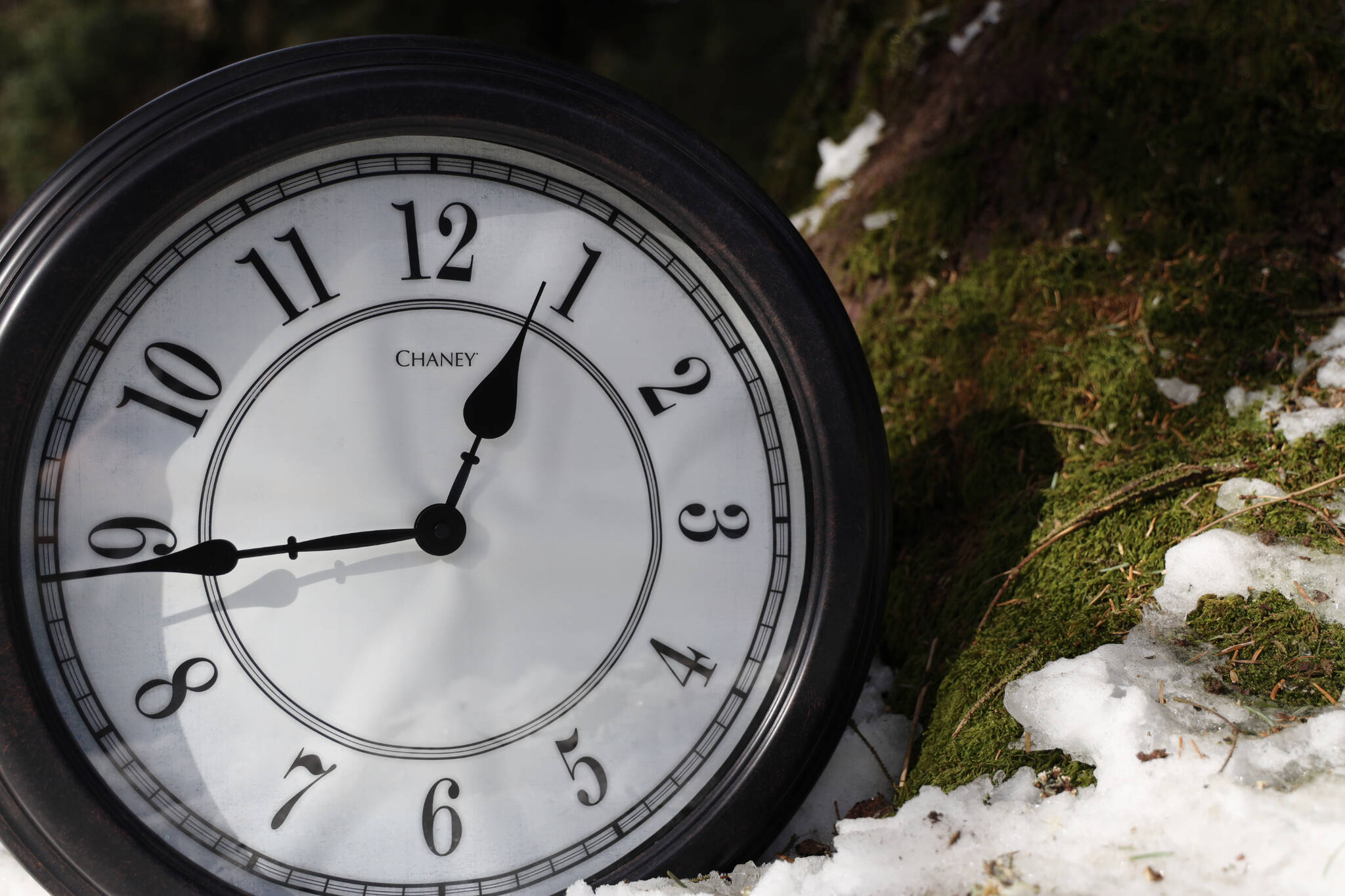As most Alaskans prepare themselves to “spring” their clocks forward this Sunday for Daylight Saving Time, Alaska lawmakers prepare themselves to argue in favor of making this switch the last.
A bill that calls for Alaska to choose to remain in Daylight Saving Time for the entirety of the year and say farewell to the switch to Standard Time has been reintroduced to the Alaska Legislature this session.
According to the bill’s sponsor, Rep. Dan Ortiz, a Ketchikan independent, Alaska’s permanent implementation of Daylight Saving Time would have a beneficial boost to Alaska’s economy and residents’ health while decreasing the influences of criminal activity.
“People have testified on the health effects of making those changes, so there would be health benefits to this change,” he said. “It would also reduce hiccups on the business side of things. It would in some ways make life simpler if we stayed on the same time all year round.”
Attached to his bill, Ortiz cites multiple studies such as a research paper that found a 7% decrease in robberies following the shift to DST, along with another study by the American Journal of Public Health which found that fewer fatal crashes occurred during Daylight Saving Time as opposed to Standard Time.
He said the move would also keep the state consistent with the western states, and the U.S. Congress, which also appears to be moving in that direction.
“I don’t want Alaska left out in the cold if the western states move in that direction and we don’t — that could create some confusion and some problems,” he said. “Who knows what’s going to happen, but we don’t want to be left out if it does.”
At the federal level, Sen. Marco Rubio, a Florida Republican, has pushed for a countrywide implementation to make daylight saving permanent and eliminate the need to adjust the clock twice a year.
In the last Congressional session, he introduced an act known as the Sunshine Protection Act, which would carry out the change across the U.S. It gained some traction and even made its way through the U.S. Senate, where it passed unanimously, however, it ultimately died in the House.
Rubio reintroduced the bill this session and has expressed confidence in its ability to gain support from both the senate and the house this time around, especially with Republicans now in control of the House.
Ortiz said he couldn’t say how confident he is in the bill’s ability to make it through to the finish line, noting support for the bill varies and acknowledging that switching to permanent Daylight Saving Time would likely have more of an impact on the western part of the state, which faces less sunlight than Southeast Alaska.
“We’ll just have to wait and see, but I think It just makes good sense,” he said. “The real goal is to keep us on par and keep us only an hour away from the west coast — if they move in that direction so should we.”
• Contact reporter Clarise Larson at clarise.larson@juneauempire.com or (651)-528-1807. Follow her on Twitter at @clariselarson.

